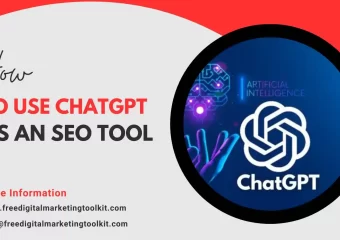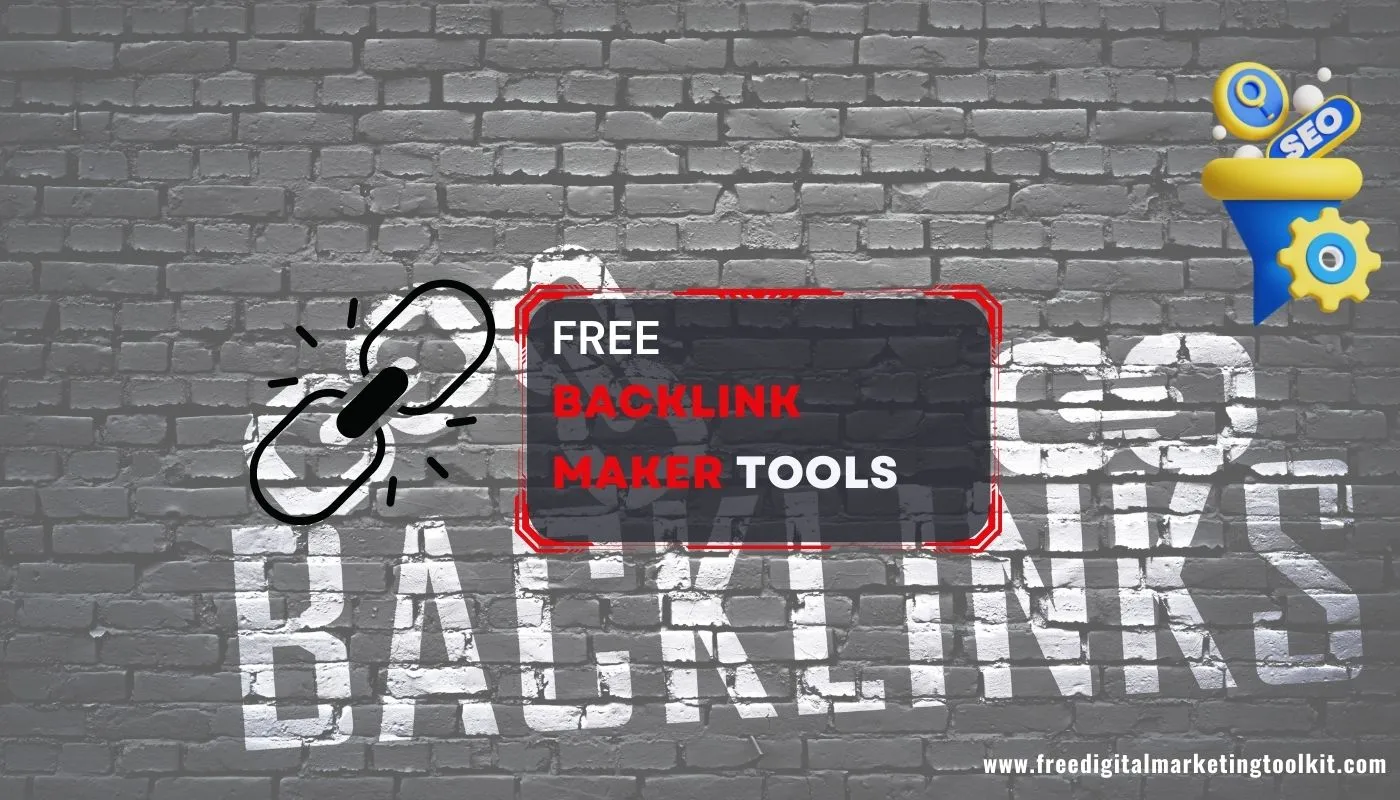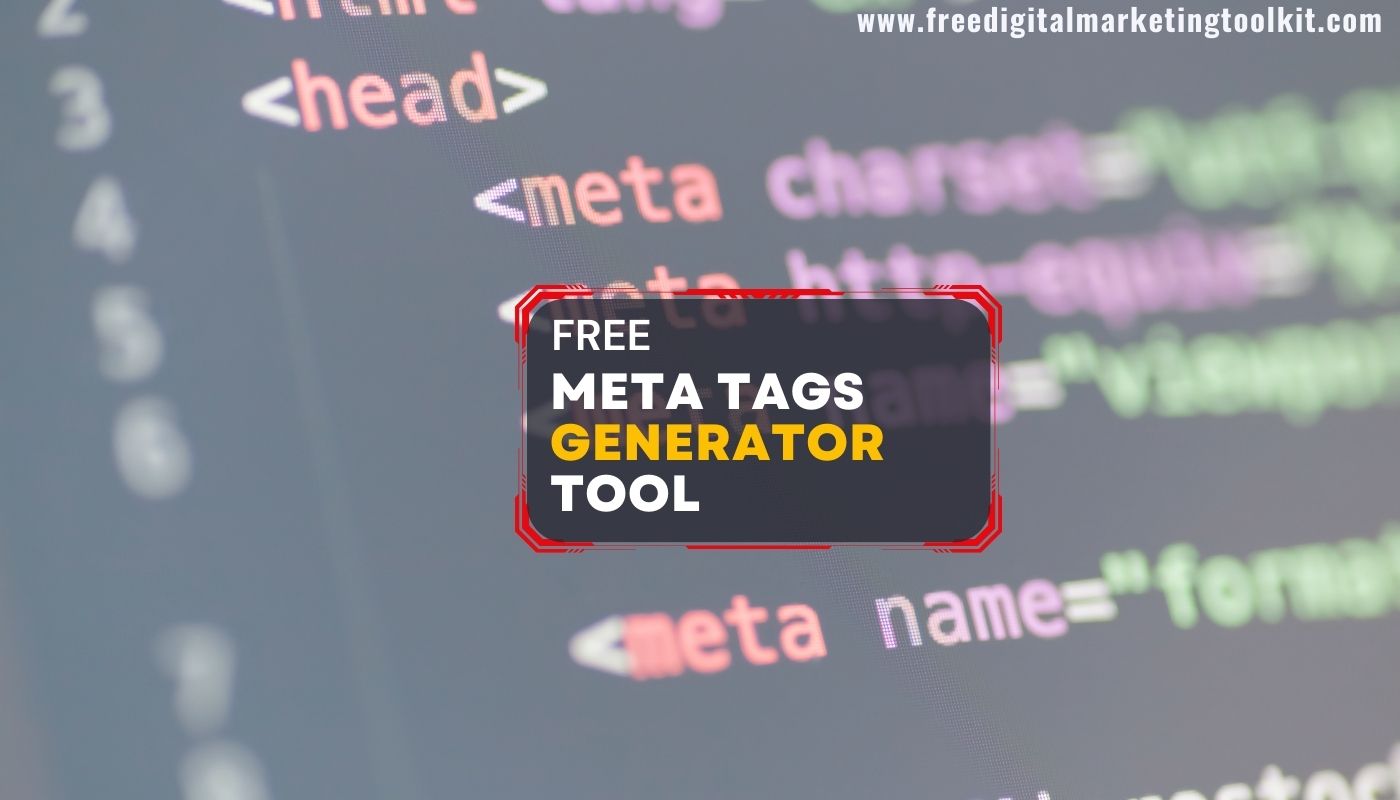
Chat GPT (Generative Pre-trained Transformer) is a type of language model developed by OpenAI. The GPT models are designed to generate human-like text by predicting the next word or sequence of words given some input text. GPT models are pre-trained on massive amounts of text data, such as web pages, books, and other documents, using unsupervised learning techniques. This pre-training allows the model to learn the statistical patterns and structures of natural language, which in turn enables it to generate coherent and fluent text.
About ChatGPT
The first GPT model, GPT-1, was released in 2018, and subsequent versions, GPT-2 and GPT-3, have been released since then, with each iteration being more powerful and capable than the previous one. GPT-3, released in 2020, is currently the largest and most advanced language model in existence, with 175 billion parameters.
Once pre-trained, GPT models can be fine-tuned on specific tasks, such as question-answering, summarization, and language translation, among others. Fine-tuning involves training the model on a smaller, task-specific dataset, which helps it to learn the nuances and specificities of the target task.
GPT models have been used in a wide range of applications, including chatbots, content generation, text completion, and even creative writing. However, they have also raised concerns about the potential misuse of language models for unethical purposes, such as generating fake news, propaganda, and misinformation.
How to Use ChatGPT As An SEO Tool
ChatGPT can be useful as an SEO tool, but it’s not a substitute for human expertise and research. Always use your own judgment and verify any information generated by ChatGPT before using it in your content or SEO strategy.
ChatGPT can be used as an SEO tool in a few different ways:
1. Content generation: ChatGPT can be used to generate content for your website or blog. You can input a topic or keyword, and ChatGPT will generate a text response that you can use as the basis for a new article or blog post. This can help you generate fresh and relevant content for your website, which can improve your search engine rankings.
2. Keyword research: You can use ChatGPT to research keywords by asking questions about topics related to your industry or niche. ChatGPT can provide insights into what people are searching for and the language they use when doing so. This can help you optimize your website and content for specific keywords that are relevant to your target audience.
3. Answering questions: ChatGPT can be used to answer frequently asked questions related to your business or industry. This can help you provide valuable information to your website visitors and improve your website’s user experience. Additionally, by providing helpful answers to common questions, you may be able to capture featured snippets in Google search results, which can increase your visibility and drive more traffic to your website.
How to use ChatGPT?
You can use ChatGPT by interacting with me in natural language through a chat interface. Here’s how to get started:
1. Find a chat interface that supports ChatGPT. Many websites and apps offer chatbots powered by ChatGPT, or you can use OpenAI’s Playground or API to interact with ChatGPT directly.
2. Start a conversation by greeting me and asking a question or making a statement. You can ask about a particular topic or just start chatting about whatever comes to mind.
3. ChatGPT will respond to your input with a generated text response. The response will be based on the data it has been trained on, and it will try to provide a relevant and helpful answer or continuation of the conversation.
4. Continue the conversation by responding to ChatGPT’s messages or asking follow-up questions.
5. If you’re not satisfied with ChatGPT’s response, you can try rephrasing your question or providing more context to help it better understand what you’re asking.
Conclusion
It’s important to note that while ChatGPT can generate human-like text, sometimes it’s not perfect and may occasionally produce inaccurate or irrelevant responses. Additionally, ChatGPT is an AI language model and not a human, so it doesn’t have personal experiences or emotions. But with these limitations in mind, ChatGPT can still be a useful tool for answering questions, generating the content, and providing a conversational experience.







